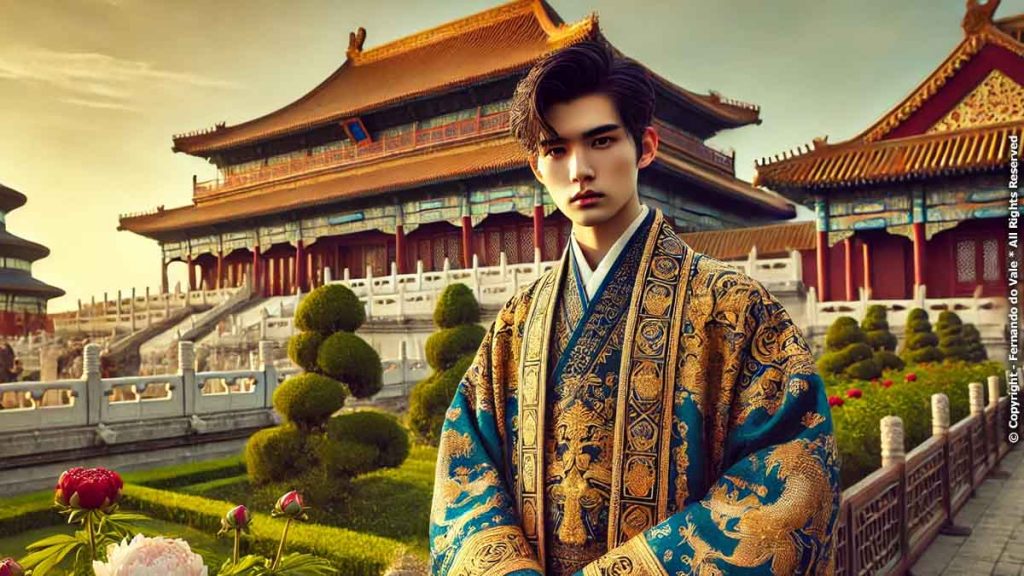
(Image: Fernando do Vale)
The Qing Dynasty, a period of immense cultural and political significance in Chinese history, also harbors untold stories of same-sex relationships. These relationships, often hidden from the public eye, were particularly common among the intellectual and elite classes. They were not merely physical; they were deep, emotional connections that provided a sense of companionship and intellectual stimulation in a society governed by Confucian ideals.
Same-Sex Love in Qing Dynasty Literature and Art
Despite the strict societal norms of the time, these relationships found subtle expression in literature and art, where they were often depicted through metaphors and symbols. The discreet nature of these depictions highlights the complexities of living as a member of the LGBTQIA+ community during this era. By exploring these hidden narratives, we gain a richer understanding of the diverse human experiences that shaped Chinese history.
Hidden LGBTQIA+ Narratives in Qing Dynasty China
Understanding the nuances of same-sex relationships during the Qing Dynasty challenges modern perceptions of historical sexuality, revealing a more fluid and complex social fabric. These relationships were an integral part of the social dynamics of the time, reflecting a society that was more accepting in certain aspects than often assumed. This exploration not only honors the past but also broadens our perspective on the diversity of relationships across history.
The Role of Confucian Ideals in Qing Dynasty Relationships
Confucian Influence on Social Norms
Confucianism played a significant role in shaping social norms during the Qing Dynasty. These ideals emphasized hierarchy, duty, and the maintenance of social harmony, which influenced how same-sex relationships were perceived and conducted. While Confucian values typically stressed the importance of heterosexual marriage and procreation, they also allowed for the existence of close same-sex bonds, particularly among the elite and scholarly classes.
Balancing Public Duty and Private Affections
Many of those engaged in same-sex relationships during the Qing Dynasty had to balance their public responsibilities with their private affections. These relationships were often conducted discreetly, with a deep understanding of the need to maintain social appearances while nurturing personal connections that provided emotional and intellectual fulfillment.